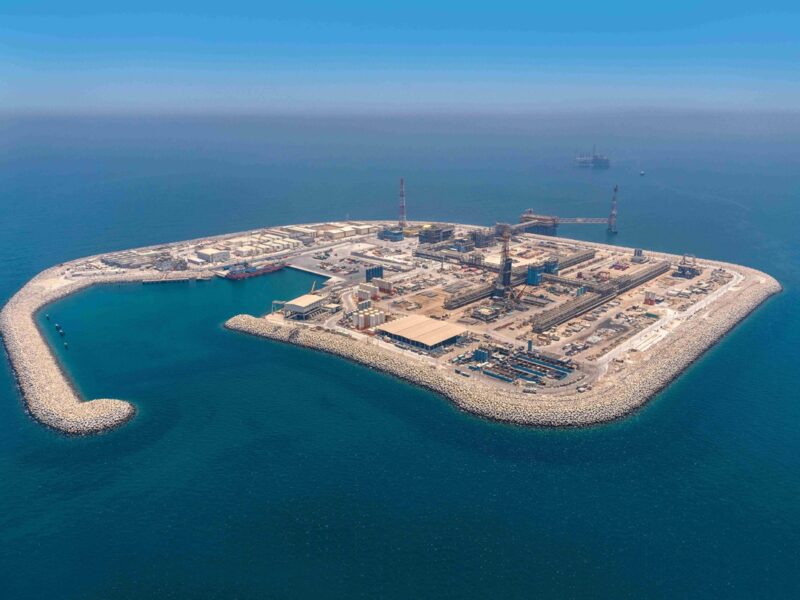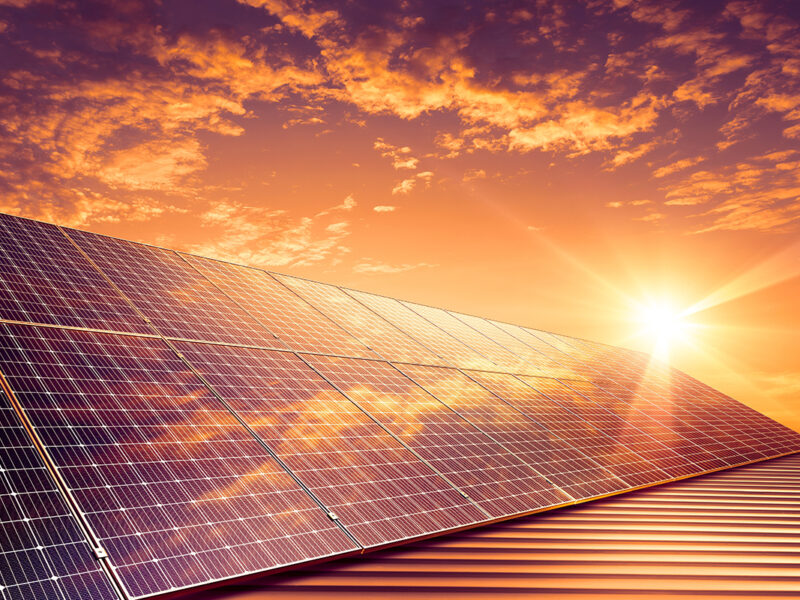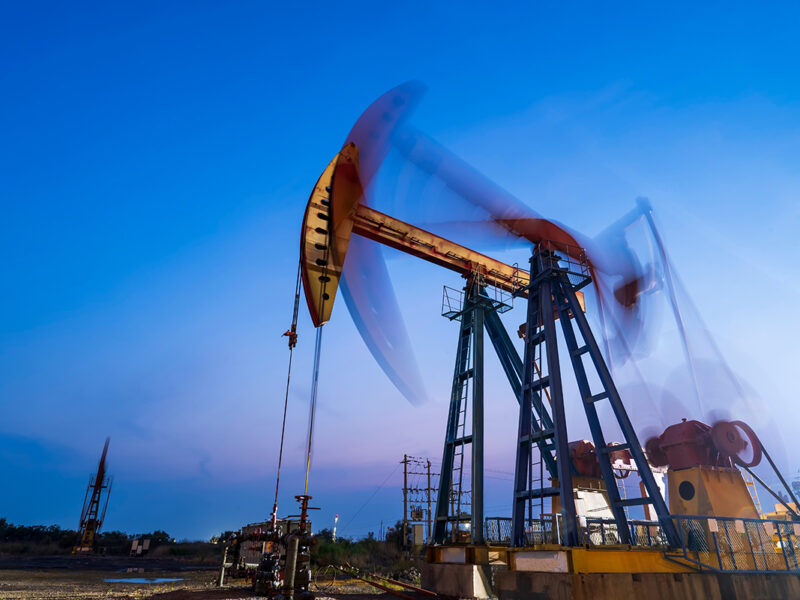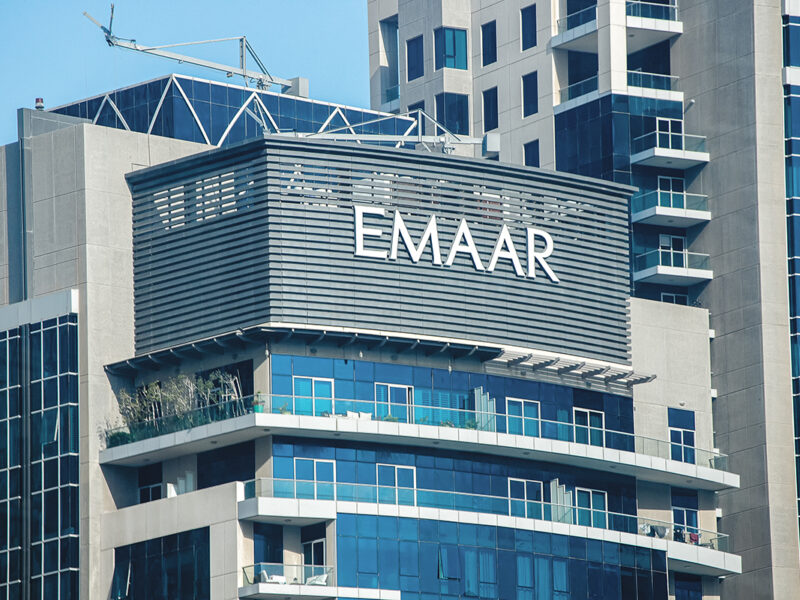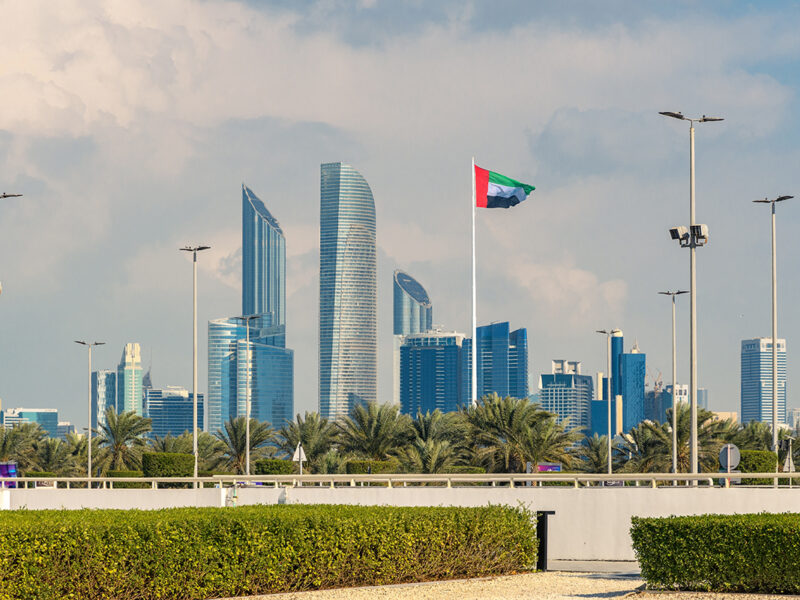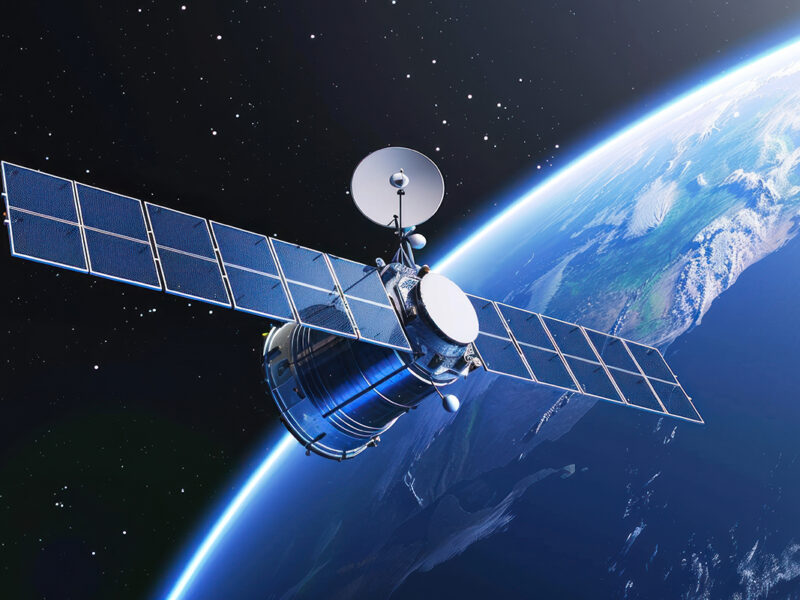The shift of global petrochemicals production to the feedstock-rich Middle East is gathering pace, with local players and overseas partners engaged in massive expansion programme. The region is on course to displace a major share of existing production in Western Europe, North America and Japan.
As more than 19 million t/y of ethylene capacity will come on stream in the Middle East, according to the SRI consulting. The region will, as a result, be among the leading producers of a range of petrochemicals and plastics, including ethylene glycol (EG), polyethylene (PE) and polypropylene (PP).
By bringing the most important industry decision makers in the region to our readership, Refining and Petrochemicals Middle East provides a unique insight into the mindsets of the sector’s top professionals. These interviews unlock many aspects of the industry, including the feedstock situation and project progress. One unifying theme is that all over the region, high-profile players agree that the downstream sector is moving to the Middle East in force.
CEO’s of local companies of Sipchem, NatPet in Saudi Arabia, Equate from Kuwait, along with ExxonMobil Chemical, and Dow Chemical spoke about the progress of their projects and what their vision for the region is along with the major issues facing them.
Unlike Saudi Arabia, where companies receive subsidised feedstock from Saudi Aramco at the cost of US$0.75 per million btu, the feedstock situation in Kuwait is different according to Hamad Al-Terkait, president and CEO of Equate Petrochemical, who revealed in the interview that Kuwait’s gas rate is higher than other GCC countries.
The president and COO of National Petrochemical Industrial Company (NatPet), raised the topical issue of project delays, an issue NatPet and many other Saudi Arabian operators have been faced with in recent years.

